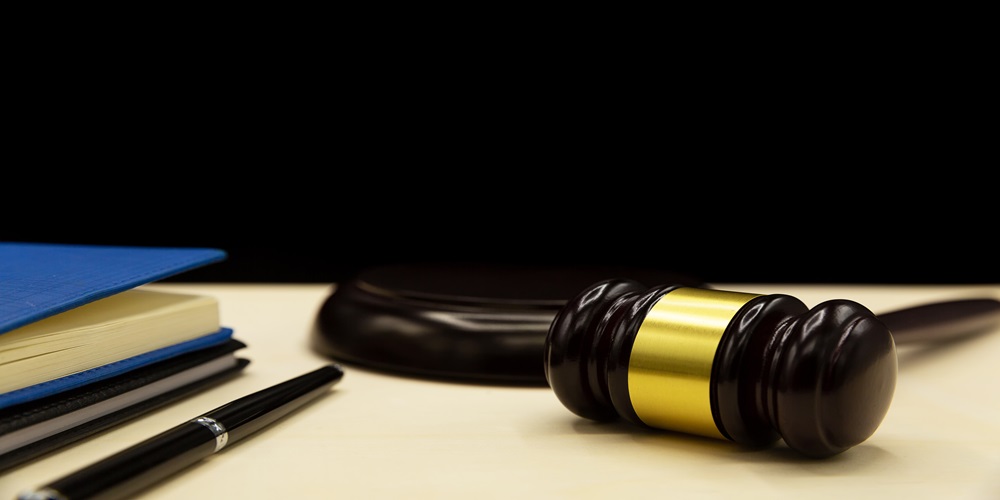Many offenders go for a plea bargain when faced with criminal prosecutions rather than taking their case to trial. But what factors influence the specific plea deal a prosecutor offers? Let’s take an in-depth look at the five most potent ones.

A compelling opening
The solidity of the prosecution’s records against you is seemingly the most critical factor influencing plea bargains. Suppose the trusted criminal lawyer in Brampton has thoroughly probed and believes the case against you is iron-clad. They will advise accepting a favorable plea deal from the prosecution. However, if your defense team can find loopholes in the evidence and plausibility of witnesses, it increases your chances of dismissal or acquittal at trial. This strengthens your bargaining position for a better plea offer.
Your criminal history
Those with a pristine record generally receive much better plea offers than repeat offenders. Prosecutors view first-time offenders as lower-risk candidates more amenable to rehabilitation through lighter sentences. Conversely, they take a more firm stance against those with a pattern of criminal behavior. Women and domestic abuse cases may be treated differently as well. Societal attitudes have reformed to take such crimes more seriously in recent years. Your prior record – or lack thereof – directly impacts the incentive for prosecutors to extend a lighter or harsher plea bargain.
Severity of the charges
The specific criminal accusations and their severity unavoidably factor into plea bargain decisions. All other factors being equal, more severe claims like armed robbery or aggravated assault will naturally draw much harsher plea offers from prosecutors than lesser offenses like shoplifting or disorderly conduct. However, the aggressive use of a criminal lawyer who can undermine the alleged facts or criminal intent may still secure a much lighter plea bargain, even for severe charges.
Judicial pressure and court caseloads
Prosecutors often face immense caseloads and pressure from judges to keep the docket clear and cases moving along efficiently. The busier a particular courthouse gets, the more motivation exists on both sides to avoid lengthy trials by negotiating reasonable plea bargains. This dynamic increases as court backlogs grow more severe.
Collateral consequences
Beyond just the direct criminal penalties like fines or incarceration, prosecutors carefully evaluate any collateral consequences a conviction may carry. For example, felonies can strip away rights like firearm possession, severely restrict employment opportunities, or even lead to deportation for non-citizen defendants. Where significant collateral consequences exist from a conviction, prosecutors tend to allow more generous plea bargains to resolve the case.
The role of skilled criminal lawyers
As this analysis shows, prosecutors carefully consider many complex factors when extending plea offers. This underscores why having an experienced criminal law specialist spearheading your defense is invaluable. Veteran criminal lawyers intimately understand the intricate considerations involved in plea bargaining. They leverage this knowledge to aggressively negotiate the most favorable and appropriate plea deal possible for each client’s unique situation.
Wrapping up
While prosecutors consider many moving parts before extending a plea bargain offer, the five factors above reign as the most common and influential. The evidence strength, defendant’s record, charge severity, court docket pressure, and potential collateral consequences all directly shape the deals prosecutors ultimately make or dismiss.
Elite criminal defense attorneys don’t just excel at litigation – they are also master negotiators. They tenaciously fight to protect your rights, freedom, and future by astutely considering which battles necessitate taking the case to trial and which are better resolved pre-trial through meticulous plea negotiations in your best interests.
Don’t take risks with your life if you’re facing criminal sues. Immediately arm yourself with a battle-tested criminal law specialist committed to exploring all possible avenues – trial or skilled negotiation – to secure the best possible resolution.
